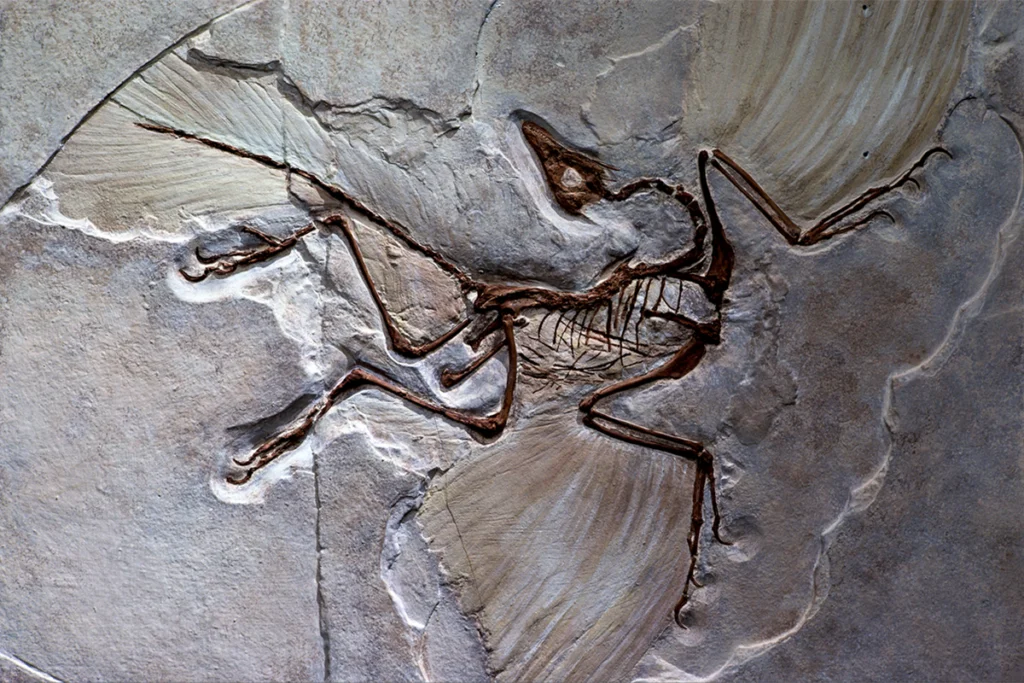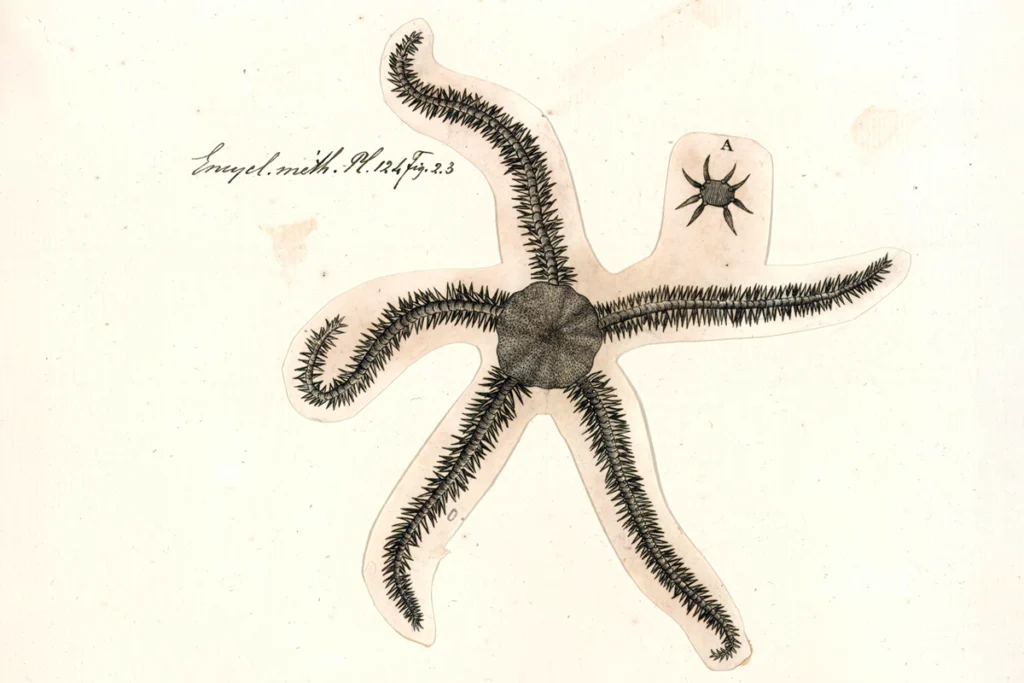
Annie Melchor
Contributing writer
From this contributor
Expanding ‘little brain’ may have powered dinosaur flight
The cerebellum swelled in size before flight evolved among modern birds’ dinosaur ancestors, according to a new comparison of fossilized skulls and living birds.

Expanding ‘little brain’ may have powered dinosaur flight
Cognition in brainless organisms is redefining what it means to learn
A slew of simple creatures demonstrate forms of learning, making the case for cognitive science to expand beyond the boundaries of the human mind.

Cognition in brainless organisms is redefining what it means to learn
Explore more from The Transmitter
Neuro’s ark: Spying on the secret sensory world of ticks
Carola Städele, a self-proclaimed “tick magnet,” studies the arachnids’ sensory neurobiology—in other words, how these tiny parasites zero in on their next meal.

Neuro’s ark: Spying on the secret sensory world of ticks
Carola Städele, a self-proclaimed “tick magnet,” studies the arachnids’ sensory neurobiology—in other words, how these tiny parasites zero in on their next meal.
Autism in old age, and more
Here is a roundup of autism-related news and research spotted around the web for the week of 2 March.

Autism in old age, and more
Here is a roundup of autism-related news and research spotted around the web for the week of 2 March.
Lack of reviewers threatens robustness of neuroscience literature
Simple math suggests that small groups of scientists can significantly bias peer review.

Lack of reviewers threatens robustness of neuroscience literature
Simple math suggests that small groups of scientists can significantly bias peer review.